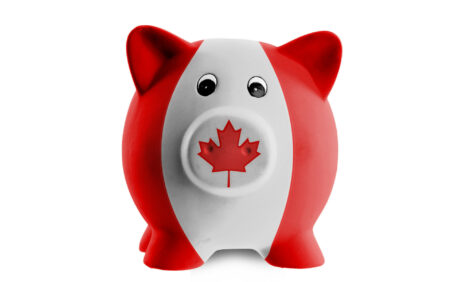



GB Animal Health and Welfare Strategy and England Implementation Plan launched
UK - Partnership between the farming, veterinary, companion and wildlife sectors and Government will be key to turning round Animal Health and Welfare in Britain, Defra Minister Ben Bradshaw said today (Thursday).
|

Mr Bradshaw was launching a ten year Strategy for Great Britain and Implementation Plan for England today to set the direction for improving animal health and welfare among livestock and protecting society, the economy and the environment from the effects of animal disease.
"Just as this Strategy has been developed in partnership, delivering it over the next ten years will also rely on a united effort. We all have a role to play in safeguarding and improving the health and welfare of our animals, and the Strategy defines those responsibilities and sets the direction to help us meet them.
"There are real benefits that can be achieved by improving the health and welfare of our animals. We need to work together to ensure that these benefits are achieved and that the associated costs are appropriately balanced," he said.
The Strategy sets a vision for the future of animal health and welfare so that by 2014:
Animals in Great Britain kept for food, farming, sport, companionship, entertainment and in zoos are healthy and treated humanely.
The GB disease status is among the highest in the world, enabling the industry to trade animals and animal products internationally.
The costs of livestock health and welfare are appropriately balanced between industry and the taxpayer.
All disease emergencies are dealt with swiftly and effectively using an agreed approach.
Consumers value the confidence they have in food produced safely from healthy animals that are well cared for. Consumers and retailers accept that higher standards of animal health and welfare are not cost free.
Livestock keeping is part of a competitive British farming industry which succeeds by meeting the needs of consumers at home and abroad, producing food safely and to high standards of health and welfare.
The Strategy contains important new principles of how we intend to take forward our vision for animal health and welfare in GB over the next ten years.
Although the Strategy is only being launched today, these principles are already delivering real changes on the ground.
The Implementation Plan sets out the breadth and commitment of Defra's work in delivering these changes in animal health and welfare, amounting to 3288m a year. It also contains examples of those initiatives already delivering real improvements in animal health and welfare in partnership around GB.
These include the National Fallen Stock scheme, which is being set up by Government and the livestock industry to help farmers comply with Animal By-Products legislation, and the National Scrapie Plan, where the Government is working with the sheep sector to breed out animals susceptible to scrapie.
It highlights work where the industry is playing a key role in responding to specific concerns facing the animal health sector, such as the Responsible Use of Medicines in Agriculture Alliance (RUMA), which has been working in partnership to produce advice on the responsible use of antimicrobials. The Sustainable Control of Parasites in Sheep (SCOPS), an industry-led group, has been providing farmers with clear advice on sustainable parasite control following concerns about the prevalence of sheep internal parasite worms with resistance to anthelmintic drugs.
One of the key areas of work in both the Strategy and the Implementation Plan has been Farm Health Planning, and a working group of 40 veterinary and farming stakeholders has set in motion research to look at common diseases affecting the livestock sector.
Reading University has been commissioned to work with key interested parties, such as the British Cattle Veterinary Association to study the diseases costs of Bovine Viral Diarrhoea and Digital Dermatitis (lameness). The study will examine the current losses faced by farmers with the two diseases, the costs of keeping the diseases off the farm and the benefits associated with freedom from disease. These will be based on modelling different farm size scenarios.
In the sheep sector, Reading University is to look at problems of foot-rot and ecto-parasites, such as sheep scab and lice, while the British Pig Executive - which set in motion the pig sector's own Health and Welfare Strategy last year - has asked Reading to look at enzoonotic pneumonia. Other important areas of work covered include best practice, dissemination of research and training.
Dr Debby Reynolds, Chief Veterinary Officer, said the Implementation Plan would be published annually over the coming years. There will also be a stakeholder conference towards the end of this year.
"We want to see the Plan develop and evolve over the life of the Strategy so that we can include a clearer picture of the contribution that others outside of Government make to our overall goal of improving animal health and welfare," she said.
Source: Defra - 24th June 2004













